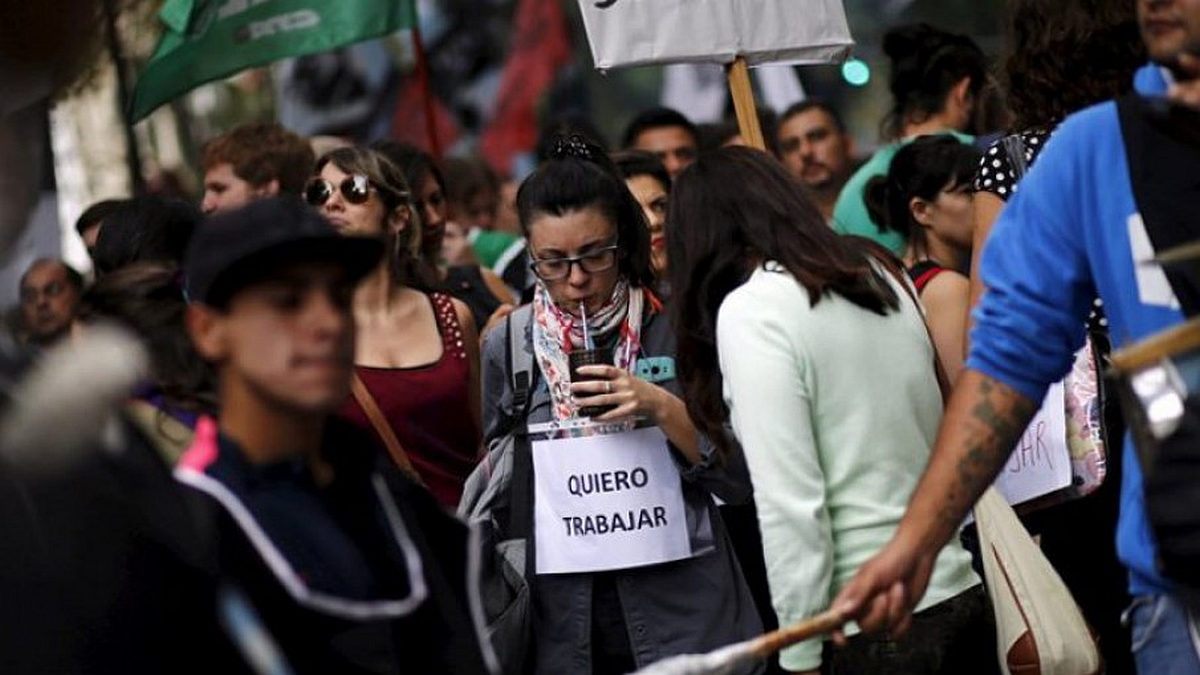He informal work Among the youth in Argentina, it reaches high levels, according to the International Labor Organization (ILO). More than 65% of young men and more than 71% of young women work in informal conditions, which directly impacts their development possibilities.
These numbers, which arise from Last Bulletin of Labor situation of the ILO and ECLAC On the basis of the EPH-indec, they reflect the seriousness of the situation.
“Labor informality is a structural problem in the country, but when we look at young people, the panorama is even more worrying,” says Barbara Perrotspecialist in employment and productive development of the Argentina ILO.
“This not only leaves them out of social protection systems, but also limits their opportunities for professional and personal growth,” He added.
This topic will be the axis of VIII Seminar on informal economy of the Argentina ILOthat will be held on April 23 at the Mariano Moreno National Library, under the motto “Let us formalize: challenges of decent work for young people and key sectors in Argentina.” The event is free, with limited quotas and previous registration.
Black work: what are the most affected sectors
Among young men, labor insertion occurs mostly in commerce, construction and industry.
In the case of women, the predominant sectors are trade, public administration, teaching and work in private homes.
“The sectors of construction and domestic work are especially worrying, where informality reaches 77 percent and 78 percent, respectively”said Perrot.
“Commerce also has high levels, around 45 percent informality,” he added.
Unemployment poverty
Reuters
Informal work in Argentina: what is the regional comparison
According to forlac 2.0 data (the ILO formalization strategy in Latin America and the Caribbean in the 2024-2030 period), the Average youth informality rate in Latin America and the Caribbean is 54.4%. Thus, half of the people employed in the region do not have access to decent work in the formal economy.
In Argentina, using the same age range (15 to 24 years), the figure rises to 68%. “This shows that the problem in the country requires attention, even compared to other economies in the region that also face structural challenges,” said the specialist.
In parallel, the National Institute of Statistics and Census (INDEC) He revealed that Employment rate reached 45.7% in the fourth quarter within 31 urban agglomerates.
Of them, the 42% workers do not have labor rightswhile the 57.8% are under formality parameters. It is a slight rise compared to the same period last year (41.4%).
To have an x -ray of what would be nationally, if it was extrapolated to the total population, this would imply that 21,509,912 workers, some 9,034,163 would be in informality conditions and 12,475,749 remaining would correspond to the formal.
New technologies: risk and opportunity
Perrot also referred to the impact of technological changes in access to youth employment: “New technologies, including artificial intelligence, are transforming the modes of labor insertion, especially for young people. And although this presents risks, it is important to note that it also brings new opportunities.”
To prevent the gaps from being deepened, the expert highlighted the need to “design inclusive policies that accompany these changes.”
Youth participation and policy design
“The ILO bets on social dialogue as a key tool to design effective and sustainable strategies,” said Perrot, and stressed the importance of involving youth: “We firmly believe in the principle of ‘nothing about us without us’ it is essential that young people actively participate in the discussion and design of policies.”
A space for concrete proposals
The seminar will be a space to share diagnoses, experiences and good practices, but above all, to listen to youth.
“We want to know the challenges they face and proposals they had to deal with those challenges. Our goal is that this meeting feeds the design of public policies that really promote the transition to formal and decent employment in Argentina,” concluded Dog.
Source: Ambito




